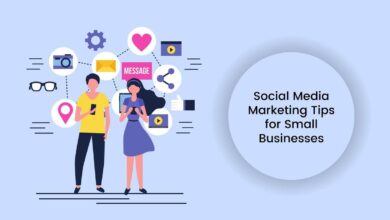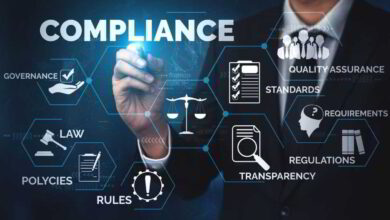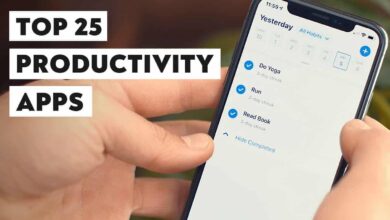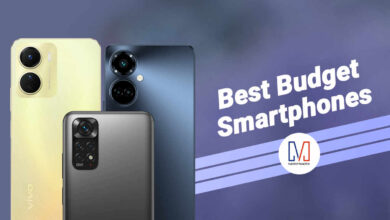5 days ago
Free Download Best Premium WordPress Themes and Plugins: (No Nulled | Clean Files) 2025
Best Premium WordPress Themes and Plugins: Did you know there are over 12,000 free WordPress themes and almost 18,000 premium themes available…
2 weeks ago
Hide apps on android Mode Boosts Phone Security
Hide apps on android privacy and security concerns make hiding apps on Android a top priority these days. Android 15…
2 weeks ago
Online learning platforms Add Live Mentoring, Job Guarantees
Online Learning Platforms now include live mentoring, job guarantees, and direct employer partnerships. Recent research shows students value interactive elements,…
2 weeks ago
TikTok private account viewer Apps Expose Major Security Risks
TikTok private account viewer tools claim they can unlock hidden content, but I found that there was a major security…
2 weeks ago
Million Players Join New Best Multiplayer Games Android This Week
Multiplayer games android have reached staggering popularity, with Garena Free Fire’s user base hitting 80 million users this year. The…
3 weeks ago
Local Motorcycle Injury Lawyers Win $2M Settlement for Crash Victim
Motorcycle Injury Lawyers motorcycle accidents devastate lives with catastrophic injuries like traumatic brain injuries and spinal cord damage. These accidents…
3 weeks ago
New Website Privacy Policy Generator Shields Against GDPR Fines
Privacy Policy Generator businesses that fail to comply with GDPR regulations face a massive 20 million euro fine. Your business website…
3 weeks ago
Small Business HR Software Costs Drop 40% As New Players Enter Market
HR Software Costs an estimated 3.2 million small-to-medium businesses rely on cloud-based HR software to streamline their operations. The search for the…
3 weeks ago
Major Banks Switch to Virtual Data Rooms, Report Shows 85% Cost Savings
Virtual Data Rooms technology helps banks save a remarkable 85% in costs when compared to traditional document management systems. The…
4 weeks ago
Everything Coming to Fortnite OG Chapter 1 Season 2 Map, Weapons & More
Everything Coming to Fortnite OG Chapter 1 Season 2 – Map, Weapons & More Everything Coming fortnite OG’s success comes…






















